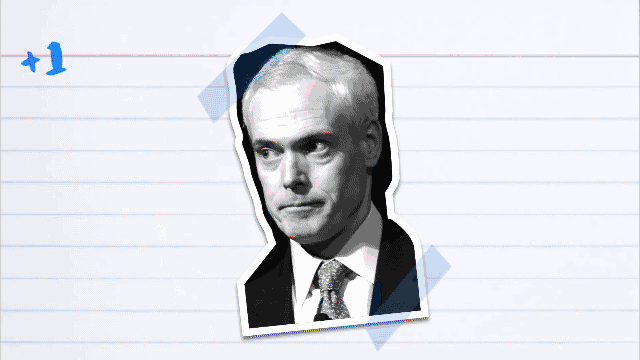On the Tim Ferriss Show, Jim Collins talks about his spreadsheet for tracking days:
And so what I started to do is I started creating a code, which is plus two, plus one, zero minus one, minus two. And the other thing I put in — and the key on all this by the way is you have to do it every day in real time. You can’t five days later look back and say, “How did I feel that day?” And what this is, is a totally subjective “How quality was the day?” A plus two is a super positive day.
This is a good reminder that our memory isn’t all that great.
What’d you eat for dinner last Thursday? Are you sure? If you don’t have a system for either planning it beforehand or recording it afterward, you’re probably not sure.
This reminded me of something from Bill Burnett and Dave Evans’s book, Designing Your Life. In it, they talk about the Good Time Journal:
Bill was surprised that coaching master’s students, the students he likes and spends the most time with, was such a drain on his week. After journaling a bit on that subject, he discovered two things: (1) he was trying to coach in a bad environment (the noisy graduate studio) and (2) his coaching interaction wasn’t effective—his students weren’t “getting it.” Those two observations resulted in a redesign of his Tuesday-night class environment (he changed classrooms) and a shift in the coaching structure from meeting one to one with each student to coaching in small groups, so students could help one another during the interactions.
(If writing about a book is any measure of it being a favorite, then Designing Your Life is definitely up there. Wally and I talked about it on a podcast episode, I also mentioned it on our very first episode, mentioned the ‘bias to action’ mindset in another podcast post, and I mentioned it when writing about LeBron James conserving energy.)
Their scale of energy and engagement is something I think of often. However you score your day or activities, it’s good not to wait too long.
The surprising spots can be the most valuable. You can only find the surprises when your memory of something being positive contrasting with it actually being negative. (Or the opposite.) Those surprises act as good starting points for adding more of what makes your day better or removing things that are draining.
Then you can take your days from [puts sunglasses on] good to great.
